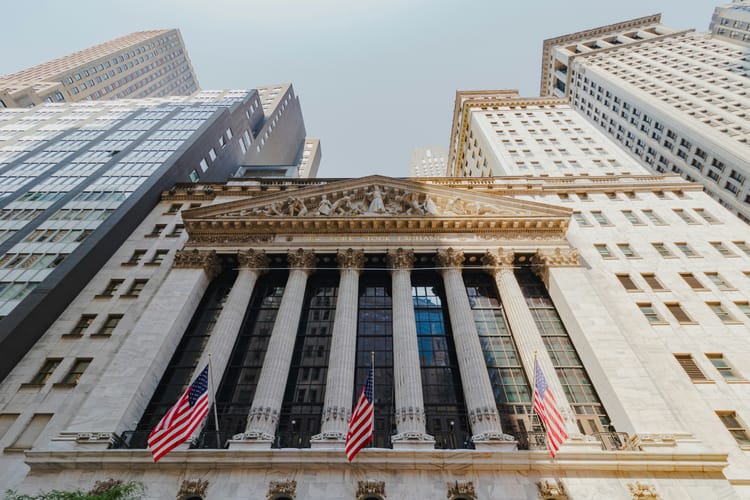COP28 failures could leave businesses ‘at risk of being stranded’

Any COP28 outcome that doesn’t provide clear guidance on the phase-out of fossil fuels risks harming innovation and increasing stranded assets. That’s according to EY Law’s Head of Sustainability Michelle Davies, as the world waits for a new draft of the global stocktake to be released by the COP28 Presidency.
Commenting on the latest draft of the global stocktake, which significantly watered down requirements for countries to phase out fossil fuels and increase renewable energy capacity, Davies emphasised the need to “keep the pressure on” to transition away from fossil fuels. “The pressure is driving innovation, and the innovation that is needed to enable the transition to happen may not come if there is too much latitude.
“My fear is that the less defined and the less structured the requirements are, the less organisations will actually move at the pace they need [in order] to get to the point where they can see that [ambitious climate action] is really valuable,” the sustainability and law veteran, who was at COP28 last week, told CSO Futures.
Read also: EY Law’s Global Head of Sustainability Michelle Davies on sustainability as a ‘real, economic risk’
She spoke after the draft text at the climate conference was roundly criticised by climate activists, NGOs and government representatives as putting the world off track to limit the global temperature rise to 1.5ºC, with former US Vice President Al Gore saying: “This obsequious draft reads as if OPEC dictated it word for word.”
A ‘just transition’ for business
While some may see added flexibility as a good thing for business that may have struggled to keep up with new climate regulations, Davies believes it could have the opposite effect, encouraging a wait-and-see attitude that is likely to backfire.
“This could actually be more harmful for business: by not having certainty and clarity and defined parameters within which the transition has to happen, a lot more risk becoming stranded assets – because what's going to happen is the world is going to move on,” Davies added, warning that even without clear policy signals, banks, investors and talent will keep turning away from companies that are not doing enough to mitigate and adapt to climate change.
Additionally, by giving countries too much leeway to interpret the climate transition as they wish, the COP28 agreement could create an uneven playing field across markets, working against the concept of ‘just transition’ that has been so prevalent at this year’s conference.
“The just transition has to happen in a business context as well. So now you're going to have some some companies which are going to be subject to an awful lot more regulation and maybe because their key stakeholders are subject to that regulation, they will be impacted, where or the state where other companies and countries will just think they've got a bit more time and that creates an unhelpful imbalance.”







Member discussion